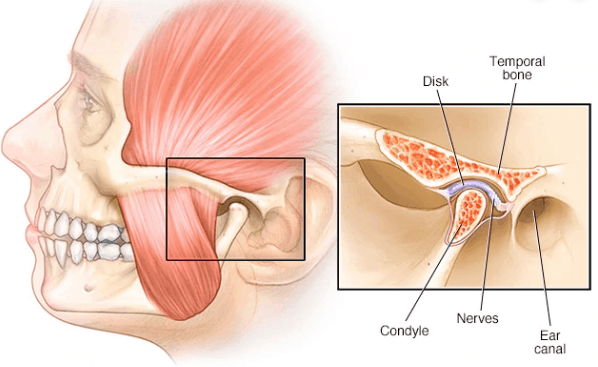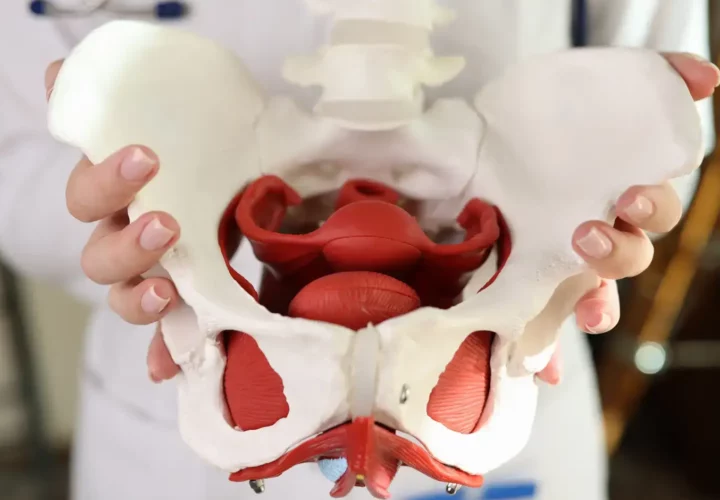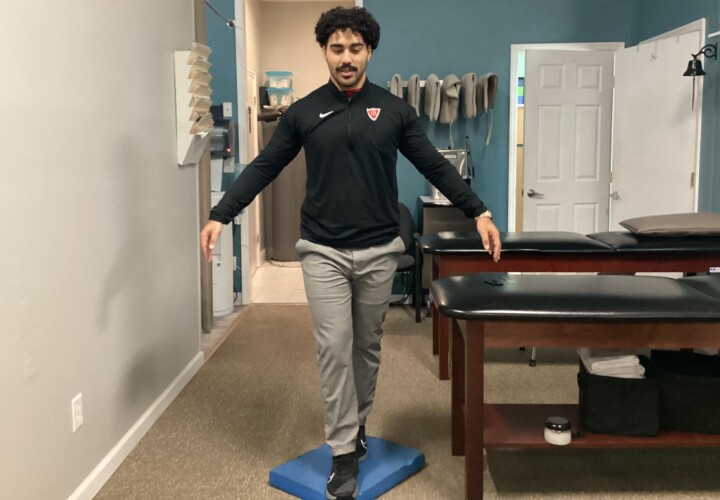TMJ Syndrome or Temporomandibular Joint Syndrome is pain in the joint of the jaw which is caused by a variety of medical problems. The temporomandibular joint (TMJ) connects the mandible or lower jaw to the skull which is located in front of the ear. If this area has problems, head and neck pain may occur along with facial pain, ear pain, headaches, and a locked jaw. Even biting foods may be an issue.
The Cause
There are a variety of ways TMJ Syndrome can occur. These include injury, oral habits, disease, and tear due to aging. Other ways might be genetic, hormonal, or environmental. People who play violins for instance will experience this condition more than someone who doesn’t. This is because the violin sits right under the jaw which can cause a strain and lead to TMJ Syndrome.
Another interesting thing is women experience it more than men. Though researchers don’t know the exact reason why, they believe it is due to hormones. However, more research is being done to understand the connection of TMJ Syndrome and the female hormone estrogen.
Symptoms
Many symptoms are linked to TMJ Syndrome. An obvious symptom is pain. Pain may be felt when moving the jaw to talk or eat. Headaches/migraines, neck ache/backache, and earaches may also be pain associated with TMJ Syndrome. Another common symptom is unusual popping, clicking, or grinding sound. These sounds may occur when talking, eating, or simply opening your mouth. However, just because you randomly have a popping sound in your jaw does not necessarily mean you have TMJ Syndrome. Jaw noises are very common and not always associated with a condition. One last symptom is restricted/limited movement. This means your mouth cannot be fully opened or your jaw cannot move in certain directions. This may cause some severe discomfort as well.
Treatment
Most cases can be treated at home. Handling mild-to-moderate symptoms can be done through lifestyle changes and self-care. Self-care treatments involve reducing movement of your jaw. This could be anything from avoiding chewing gum, to eating soft foods, and not clenching/tensing your jaw. Lastly, gentle exercises may be done to help strengthen the jaw and massaging the muscles around your jaw.
TMJ Syndrome that is caused by pre-existing conditions need more specific treatment than stated above. People who have this condition from grinding their teeth when sleeping may need to see a dentist for a mouth guard. If you have this from a degenerative condition, then a steroid injection may be used for treatment too.
Surgery is used as an option for more severe cases of TMJ Syndrome. However this is only an option when the joint itself has something wrong with it.
Most cases are easy to treat. However, always speak to a physician about your condition before deciding which treatment route to take.



